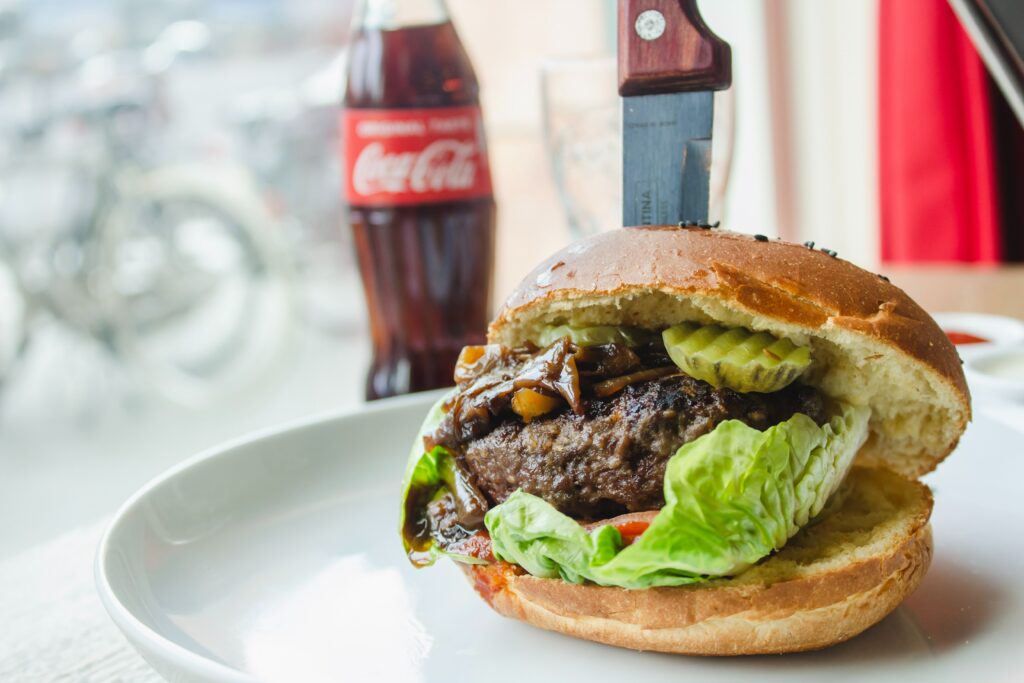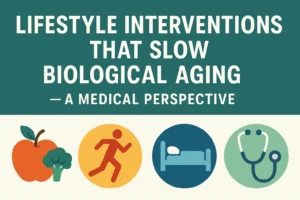
Discover the foods that cause insulin resistance, slow down your metabolism, and contribute to weight gain. Stay informed and make healthier choices. Insulin resistance is a metabolic condition that occurs when your body’s cells no longer respond effectively to the hormone insulin, which plays a crucial role in regulating blood sugar levels. When insulin resistance sets in, your body struggles to keep blood sugar in check, leading to a cascade of adverse effects, including a sluggish metabolism and unwanted weight gain. Let’s explore four foods causing insulin resistance and learn healthier alternatives to combat this condition.
The Culprits: Foods That Cause Insulin Resistance
Learning the foods causing insulin resistance is the first step toward managing this condition. Here are four culprits that could be sabotaging your efforts to stay healthy:
Sugary Beverages
Refined sugar and sugary beverages are notorious for their ability to cause insulin resistance. These drinks cause a rapid spike in blood sugar levels, prompting the pancreas to release a surge of insulin. Over time, the constant demand for insulin can lead to the cells becoming less responsive, resulting in insulin resistance.
Refined Carbohydrates
When you consume highly processed and high-glycemic carbohydrates, your body rapidly converts them into sugar, causing insulin to be released in large amounts. The body may eventually struggle to manage these constant spikes in insulin.
Processed Foods
Processed foods, including fast food, are another contributing factor to insulin resistance. These foods often have trans fats and high-fructose corn syrup, which are known to impair the body’s insulin sensitivity. Processed foods also usually contain additives and preservatives that can exacerbate inflammation.
Fatty Foods
Excessive consumption of fatty foods can lead to weight gain and increased abdominal fat, both risk factors for insulin resistance. Furthermore, they may promote inflammation and disrupt the function of insulin-responsive cells in your body.
Healthier Alternatives To Combat Insulin Resistance, Boost Metabolism, and Reduce Weight Gain
Now that we’ve identified the foods that can cause insulin resistance, we must explore healthier alternatives to mitigate this health issue. Here are five suggestions:
Citrus Fruits
Oranges, limes, lemons, and other citrus fruits are excellent healthy food choices. These fruits are high in fiber, packed with vitamin C, and have a low glycemic index.
High Fiber Foods
Fiber-rich foods slow the sugar absorption into your bloodstream and prevent spikes in blood glucose, helping regulate your body’s insulin use. Some examples include the following:
- Whole grains: Brown rice, oatmeal, and whole grain bread or pasta
- Legumes: Beans, lentils, and chickpeas
- Vegetables: Leafy green vegetables, broccoli, and other vegetables
- Nuts and Seeds: Almonds, flaxseeds, and chia seeds
Protein-Rich Foods
Proteins take longer to digest, providing a steady source of energy, keeping you satisfied for a longer time, and preventing blood sugar spikes. Proteins also help in muscle building and repair, boosting your metabolism and assisting with weight management.
Foods With Antioxidants
Foods rich in antioxidants, such as berries, are excellent for combating insulin resistance as they help protect your cells against damage by free radicals. Antioxidant-rich foods can help reduce inflammation, enhance insulin sensitivity, and maintain a healthy weight.
Water and Unsweetened Beverages
Water, being calorie-free, aids in weight management, a key factor in combating insulin resistance. Water ensures the smooth functioning of your organs, assists digestion, and helps transport nutrients to the cells. Unsweetened drinks, such as green and herbal teas, are also rich in antioxidants, which can improve insulin sensitivity and reduce inflammation.
Conclusion
Maintaining healthy blood glucose levels and managing insulin resistance largely depends on our dietary choices. The foods causing insulin resistance, such as sweetened drinks, refined carbohydrates, and processed and fatty foods, may satisfy us temporarily but can lead to long-term health problems. Remember, the path to a healthier you starts with mindful eating and staying well-hydrated. Let’s make the right choices today for a healthier tomorrow!








